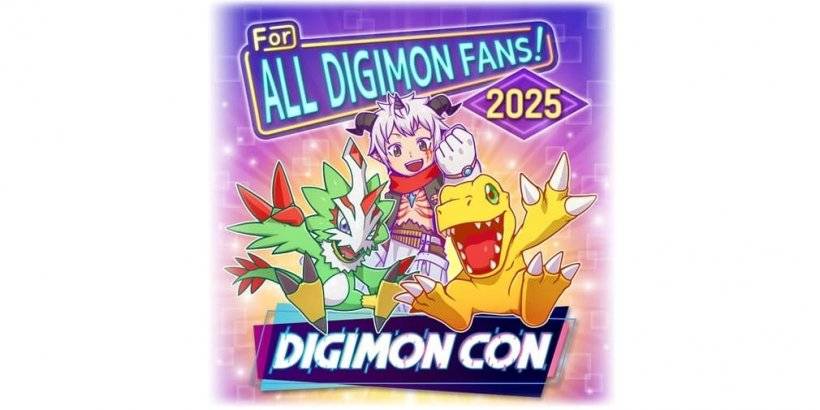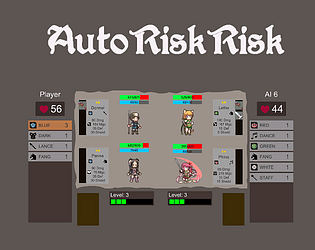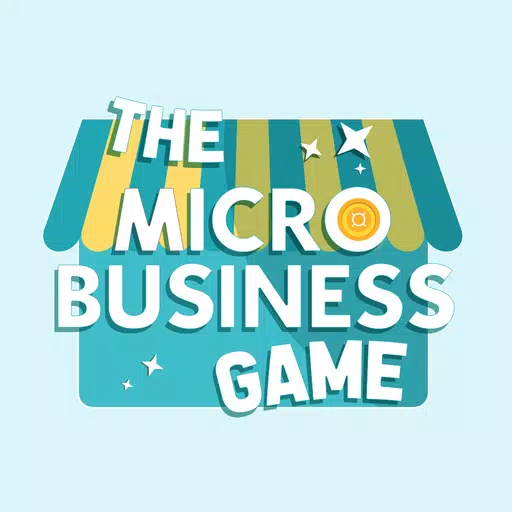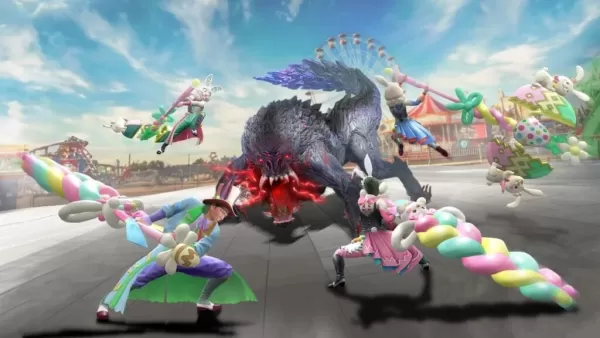SAG-AFTRA Deadlocked with Games Industry on AI
The Screen Actors Guild - American Federation of Television and Radio Artists (SAG-AFTRA) has updated its members on video game actor AI protection negotiations. While progress has been made, significant disagreements remain with the industry bargaining group.
A comparison chart highlights key sticking points:
- AI Protection Scope: SAG-AFTRA seeks protection for all past and future work, while the bargaining group limits it to work produced after agreement.
- "Digital Replica" Definition: SAG-AFTRA's definition, encompassing any readily identifiable performance, is broader than the bargaining group's "objectively identifiable" proposal.
- Movement Performers' Inclusion: SAG-AFTRA seeks inclusion of movement performers in the generative AI agreement, a point of contention with the bargaining group.
- Terminology: Disagreements exist on terminology like "real-time generation" versus "procedural generation."
- Transparency: SAG-AFTRA demands disclosure regarding voice blending and chatbot usage; the bargaining group is less forthcoming.
- Strike Clause: SAG-AFTRA proposes withdrawing consent for digital replica use during strikes, unlike the bargaining group's stance.
- Consent Duration: SAG-AFTRA proposes a five-year consent period, while the bargaining group seeks unlimited consent.
- Compensation: Significant disagreements persist on minimum compensation for digital replica creation and use, despite tentative agreement on bonus pay calculation.
- Bonus Rights: The bargaining group's proposed bonus rights clause, similar to the SAG-AFTRA TV/Film agreement, is considered too broad by the guild.
- Usage Tracking: SAG-AFTRA advocates for a usage tracking system to ensure fair compensation, which the bargaining group deems infeasible.
- Synthetic Performer Definitions: Specific definitions regarding synthetic performers and their regulation remain unresolved.
While tentative agreements exist on bonus pay, dispute resolution, and some compensation aspects, SAG-AFTRA emphasizes the significant remaining gaps. The union expresses concern that the bargaining employers are misleading members about the proximity of a deal. SAG-AFTRA National Executive Director and Chief Negotiator Duncan Crabtree-Ireland cautioned members against undermining the strike by accepting work without adequate AI protections, emphasizing the risk of exploitation.
Audrey Cooling, spokesperson for the video game industry bargaining group, countered that their proposal includes over 15% wage increases, enhanced safety protections, and industry-leading AI terms. They expressed a desire to return to the bargaining table.
The eight-month-long SAG-AFTRA video game strike, initiated due to AI protection disagreements, is visibly impacting games. Reports indicate unvoiced NPCs in games like Destiny 2 and World of Warcraft, voice actor replacements in Call of Duty: Black Ops 6, and recent replacements in Zenless Zone Zero.
-
Digimon Con 2025 has teased a new TCG announcement for fans.Strong hints suggest a mobile-related project is in development.Could this be a potential competitor to Pokémon TCG Pocket?For fans of the long-running Digimon franchise, the upcoming DigimoAuthor : Alexis Dec 21,2025
-
Solgaleo and Lunala make their grand debutImmersive Supporter cards arriving soonHalf-anniversary celebration with new solo missionsThe stars align as Celestial Guardians arrive in Pokémon TCG Pocket, bringing an spectacular close to the month. LauncAuthor : Alexander Dec 21,2025
- Spring Valley Farm Game: January 2025 Redeem Codes
- WWE Superstars Join Call of Duty Warzone: Mobile Roster
- Midnight Girl is a minimalist point-and-click adventure set in Paris in the 60s, now open for pre-orders on mobile
- Mobile Legends: Bang Bang – Best Lukas Build
- "Grand Outlaws Unleashes Chaos and Crime on Android Soft Launch"
- Video Game Song Surpasses 100 Million Streams on Spotify






















